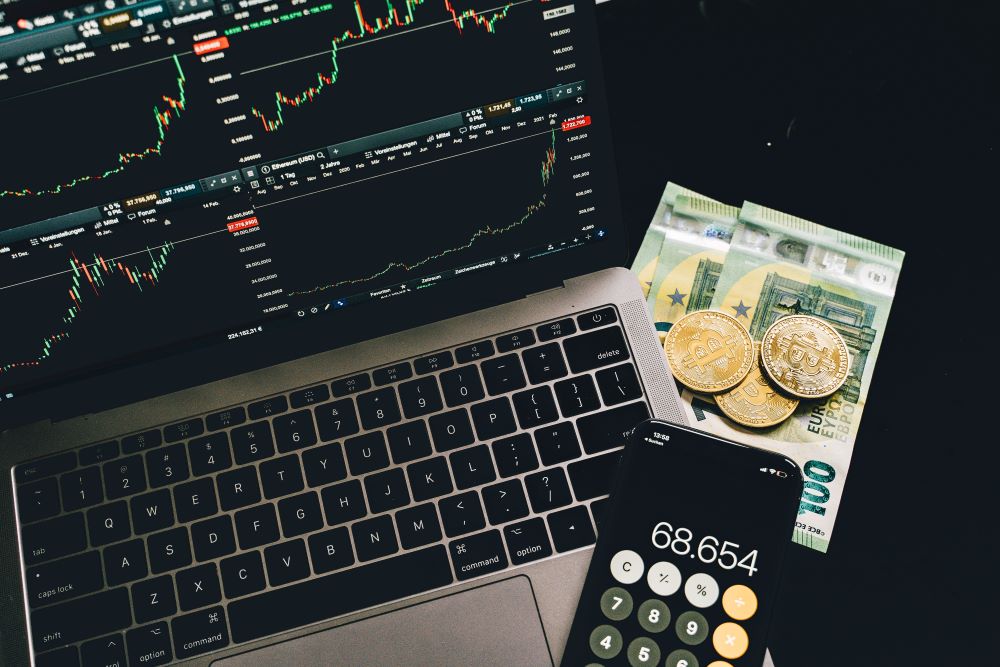Cryptocurrency trading addiction, much like gambling addiction, has become a new phenomenon.
Cryptocurrency trading is a relatively new phenomenon that has rapidly gained popularity over the past few years. While some people see it as a way to make quick money, others have become addicted to it. Much the same as gambling addiction, trading addiction can have severe consequences on an individual’s physical and mental health, as well as their financial well-being and stability.
Cryptocurrency trading addiction is a compulsive behavior in which individuals repeatedly engage in trading activities, despite experiencing negative consequences. Similar to gambling addiction, individuals may become obsessed with trading and place all their hopes on the next big win. The rush of adrenaline that comes with each trade can become addictive, leading to excessive trading and loss of control.

There are several risk factors that can contribute to the development of cryptocurrency trading addiction. These include:
- Access: Cryptocurrency trading platforms are readily available online, making it easy for anyone with an internet connection to access them.
- Volatility: The cryptocurrency market is highly volatile, with prices fluctuating rapidly. This volatility can create a sense of urgency and excitement that can be addictive.
- Lack of regulation: The lack of regulation in the cryptocurrency market can make it more appealing to those who are looking for a high-risk, high-reward opportunity.
- Peer pressure: Social media and online forums can create a sense of pressure to trade and make profits.
Identifying cryptocurrency trading addiction can be challenging, as individuals may be reluctant to admit they have a problem. However, there are several signs that loved ones and friends can look out for:
- Preoccupation with trading: Individuals may spend excessive amounts of time researching, analyzing, and trading cryptocurrencies.
- Financial problems: Trading addiction can lead to significant financial problems, including debt, unpaid bills, and borrowing money from others.
- Relationship problems: Like other addictions, trading addiction can also lead to strained relationships with family and friends, as individuals become more focused on trading than on their personal relationships.
- Neglecting responsibilities: Individuals may begin to neglect their work, studies, or other responsibilities to focus on trading.
If left untreated, cryptocurrency trading addiction can have severe consequences on an individual’s life. Treatment options may include:
- Therapy: Cognitive-behavioral therapy (CBT) can help individuals identify and change the thoughts and behaviors that contribute to their addiction. With the use of CBT, individuals can then change unhealthy behaviors related to the process of compulsive trading.
- Support groups: Support groups such as Gamblers Anonymous can provide a safe and supportive environment for individuals to share their experiences and seek help.
- Medication: In some cases, medication may be prescribed to help manage symptoms of anxiety and depression that can accompany addiction.
- Taking a break: It may be necessary for individuals to take a break from trading to focus on their physical and mental health.
In general, cryptocurrency trading addiction can have severe consequences on an individual’s life. It is essential to be aware of the risk factors and signs of addiction, and to seek help if necessary. Treatment options such as therapy, support groups, medication, and taking a break can help individuals overcome their addiction and regain control of their lives.
Sources:
Cryptocurrency Trading Addiction: What to Look Out For and How It is Treated


Join the conversation!